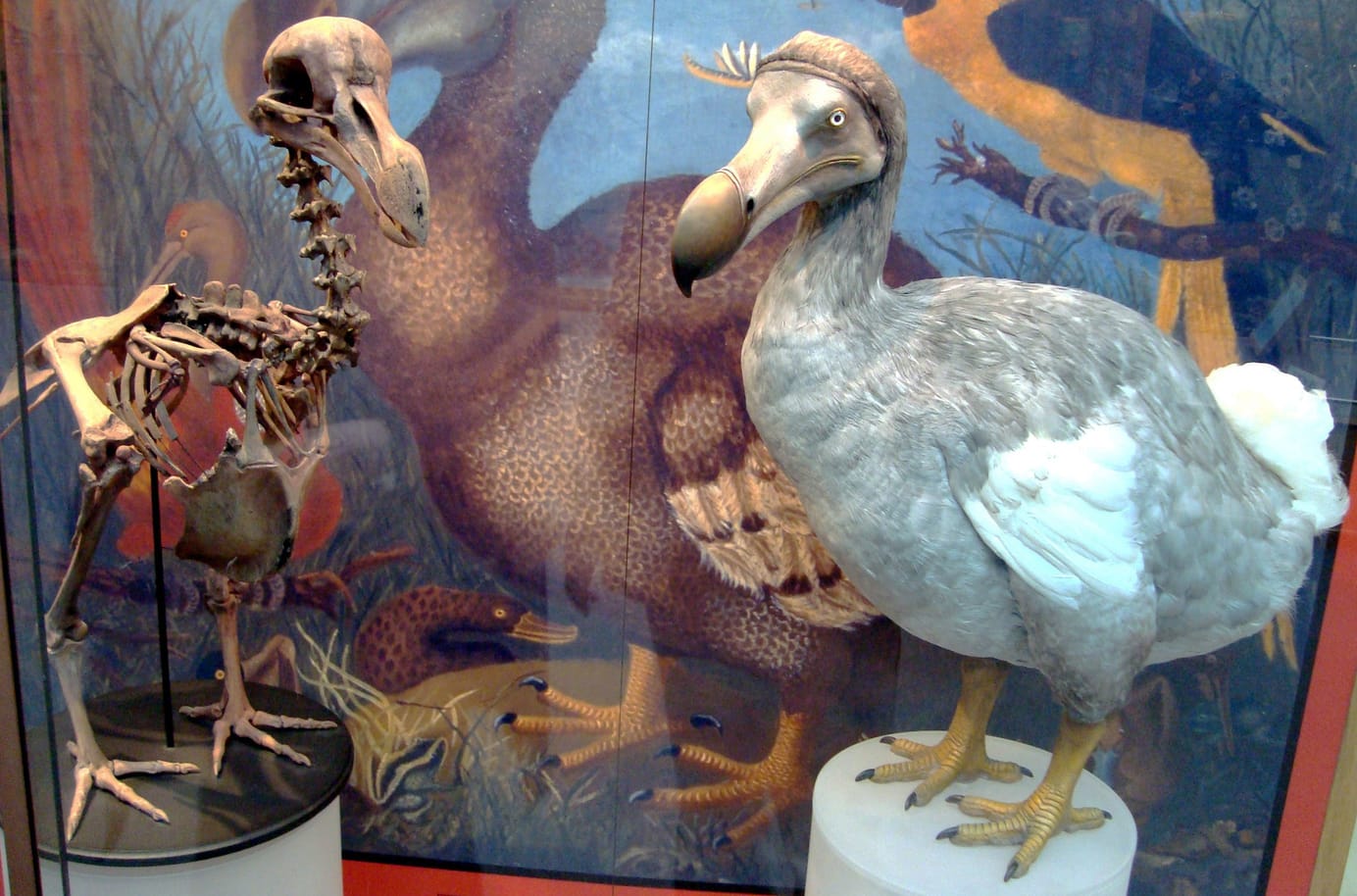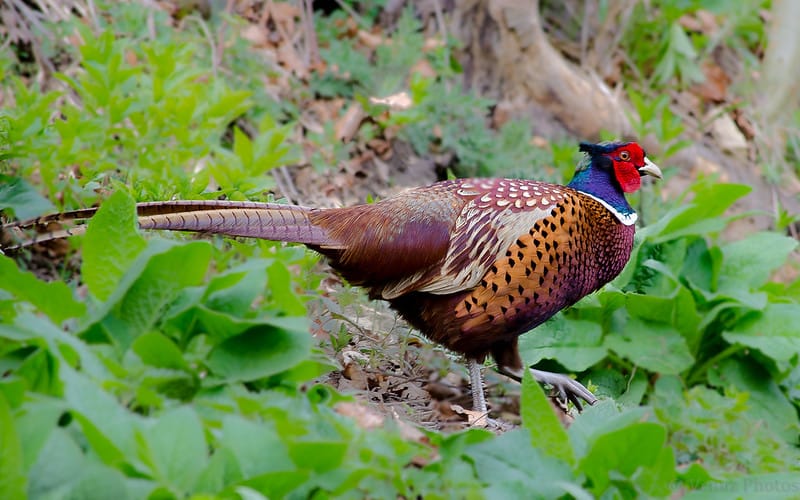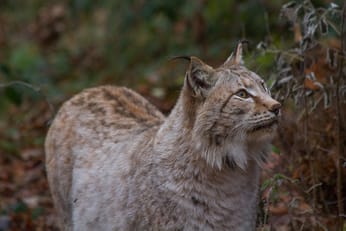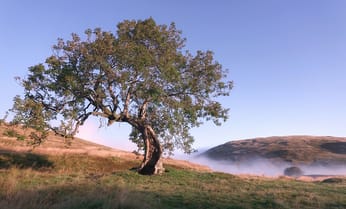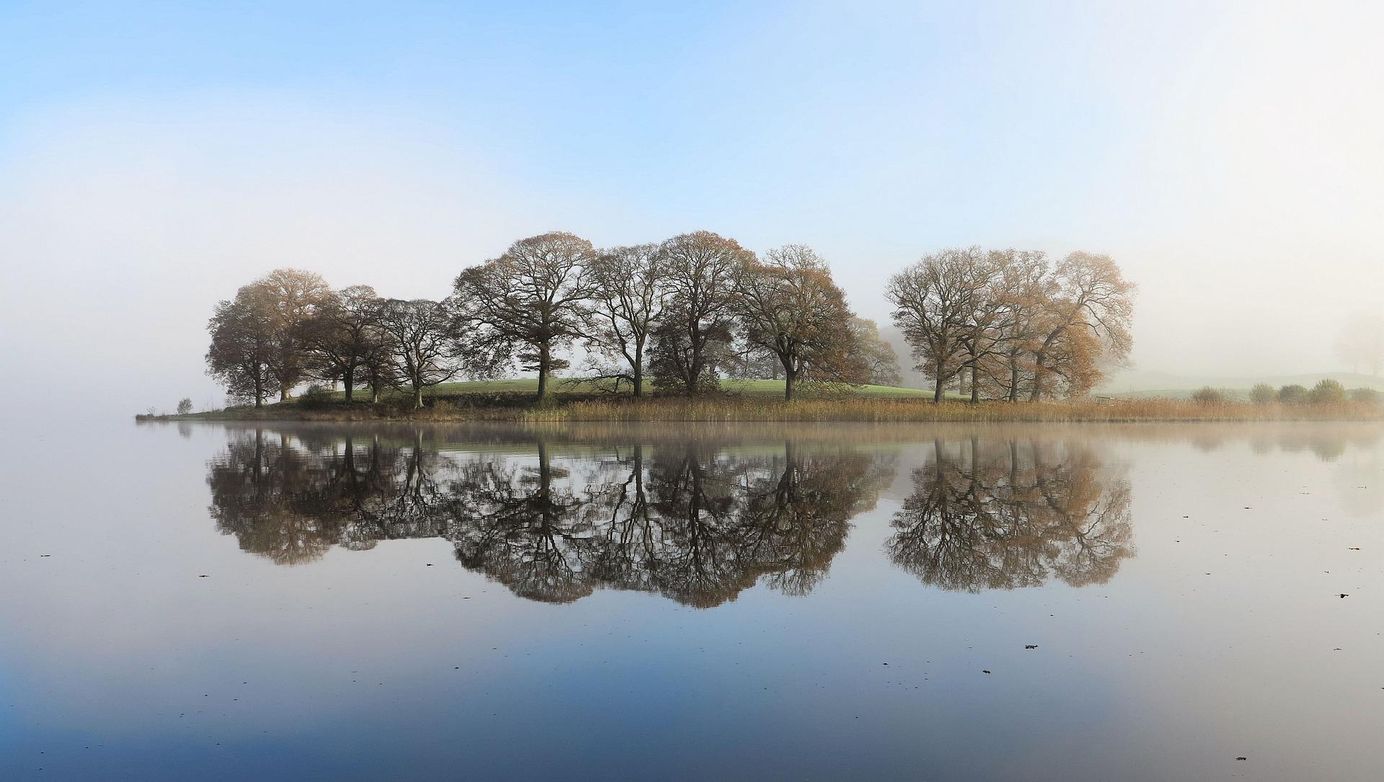
The usual digest + an important note for subscribers
The latest news on nature and conservation in Britain.
Some of you may remember that, a few months ago, I mentioned I was pregnant. Well, I'm now extremely pregnant. This means that I'm planning on taking a bit of time off work in the near future.
On the digest: The plan, at least, is to continue sending the digest out until 9 September, and then take a five-week break from everything while I learn how to care for a newborn, with the digest starting up again on 21 October. The reason I'm telling you this now is because I've heard babies don't always arrive to schedule – so if, before then, you find your inbox digest-less one Friday, please assume that there's a good reason.
On features: There are some stories in the pipeline, which I plan to release over the next few months, but otherwise features will be running on a reduced schedule at least until Christmas.
Sorry for the interruption to the regular service, which I will try to keep minimal, but it will inevitably be a chaotic time in my life. I am keeping my fingers crossed that most of you will decide to stick with Inkcap Journal while I navigate the transition into motherhood, but I do understand that five weeks of silence is not what you signed up for, so just a reminder that you can manage your membership at any time.
Took my beach ball to the beach. pic.twitter.com/rb6QqYqYP6
— Sophie Yeo (@some_yeo) August 14, 2022
In other news, there was a nice feature on Inkcap Journal in the Press Gazette this week, where I am interviewed about why I set up the publication, and where I plan on taking it in the future.
Thanks for your attention! Now onto the newsletter...
National news
Grouse | The shooting season kicked off around the country on the so-called ‘Glorious Twelfth’. While gamekeepers celebrated the injection of cash into the beleaguered rural economy, campaigners cautioned that it could accelerate the spread of avian flu. The UK is experiencing its largest outbreak of the pathogenic disease to date, and the RSPB has called for an immediate moratorium on release of gamebirds into the countryside. Although it acknowledged that the spread of the disease from wild birds into pheasants had not been confirmed scientifically, it noted that the possibility had not yet been fully investigated. “Given the current scale of the outbreak in wild birds, ongoing losses of wildlife from other human pressures and the context of the wider nature and climate emergency, it is necessary to employ a precautionary approach to all possible vectors of this deadly new virus to our wildlife populations,” the charity said in a statement. However, pro-shooting lobbyists have argued there is no scientific basis for such a move, reports the Eastern Daily Press.
Legislation | The UK’s environmental future could look very different under its new prime minister, who is set to be announced early next month. Both candidates in the Conservative Party leadership race have committed to reviewing the remaining European laws in English legislation, which the RSPB says would include the Habitats Regulations (to which the organisation released a helpful guide). “Caught up in a drive for deregulation, scrapping them is presented as a simple option, easy to implement because nature has no voice to defend itself," said Alice Hardiman, the charity's head of policy. BusinessGreen covered the news. Meanwhile, the pro-Sunak environment secretary George Eustice and pro-Truss environment minister Lord Goldsmith participated in environment-focused hustings hosted by the Conservative Environment Network. Eustice said he had faced “challenges” in getting Truss to recognise animal welfare in trade deals, while Lord Goldsmith said he could not recall Sunak attending a single climate Cabinet. Cornwall Live reported on the event.
Drought | Wildlife and ecosystems are struggling with the dry and hot conditions, and campaigners and charities are urging the government to act. It was the driest July across England since 1935, and fifth consecutive month with low rainfall. Dangerous algal blooms, driven by the prolonged heat, have turned the whole of Windermere in the Lake District green, while a chalk stream in Sussex is "close to being dead" because water levels have dropped so low. Hot and dry conditions have left grass tinder-dry, and there have been almost 500 more wildfires this year than the whole of 2021, the chairman of the National Fire Chiefs Council told the BBC. Major retailers have removed disposable barbeques from their shelves, reported the Guardian. Various Wildlife Trusts have cautioned that dry conditions could have long-term impact on wildlife, and are calling for new measures to help wildlife cope with water shortages. Others suggest investing in wetlands to combat future droughts. Yorkshire has become the latest county in England to be declared a drought area, taking the total up to nine. Experts warn that such conditions could continue into next year, reports the Guardian. In addition to wildlife, agriculture has also been badly impacted by the weather. The Scottish Environment Protection Agency banned farmers from taking water from the River Eden in Fife, while farmers in England warned of massive crop failure. Defra this week announced that farmers could relax rules in their agri-environment scheme agreements to make it easier to provide vital food for livestock. And the rain that capped off the week was not as welcome as it might have been: the Environment Agency warned of flooding in London and the southeast of England – weeks of hot conditions have left the ground compacted, meaning that it is unable to absorb water as easily as it should.
In other news:
- Scotland’s Nature Restoration Fund is awarding grants of more than £250,000 to larger-scale initiatives working to restore and protect habitats and species.
- Climate change and environmental degradation are listed as “significant” threats in the government’s new maritime security strategy, ENDS reports.
- The Welsh government has announced nearly £15m for landowners and managers who want to improve biodiversity.
- NatureScot’s latest Gaelic Plan aims to enhance the use and visibility of the language when discussing climate change and biodiversity loss, the organisation says.
- Britain’s ancient yew trees, some of which are more than 5,000 years old, face the chop because of a lack of legal protection, say campaigners. The Express reported.
- The Environment Agency has warned beach-goers to stay away from beaches in England and Wales, after sewage discharges following heavy rains. The Guardian and BBC reported.
- There are more than 1,000 US-style mega-farms in England, Wales and Northern Ireland, including some holding as many as a million animals, the Guardian reports.
- Charities have warned that the UK’s levelling up bill could undermine environmental protections in devolved administrations.
- RSPB Scotland has urged the government to protect vulnerable seabirds from being caught and killed by fishing gear, saying that its latest policy paper “fails to outline any time-bound, specific or measurable actions” to minimise the bycatch and entanglement of sensitive marine species.
Across the country
Sussex | The White Stork Project has released 37 young storks at Knepp Wildland in West Sussex, Countryfile reports. The project aims to restore at least 50 breeding pairs in southern England by 2030. The large migrating birds were once native to the British Isles, with an archaeological record stretching back 360,000 years, but a combination of habitat loss, over-hunting and targeted persecution all contributed to their decline, the project claims (although their historical status remains controversial; for more information, see Inkcap's coverage of the debate). So far, nine pairs have successfully bred in the wild in Sussex. Meanwhile, Scotland: The Big Picture is looking to reintroduce a breeding population of cranes to the Cairngorms National Park, with 20 breeding pairs by 2030, Strathspey & Badenoch Herald reports.
Cairngorms | A new initiative in Cairngorms aims to save habitats “one sausage at a time”, the Press & Journal reports. The Cairngorms Connect partnership is selling culled deer meat to fund conservation and reforestation within the Scottish national park. The group has committed to a 200-year vision to enhance habitats, species and ecological processes across an area of 600 square kilometres. And for that, they need money. Land managers also need to protect their landscapes from high deer numbers, and thus the Cairngorms Connect Venison project was born. One of the places you can buy their venison is the RSPB Loch Garten Nature Centre, between Nethy Bridge and Boat of Garten.
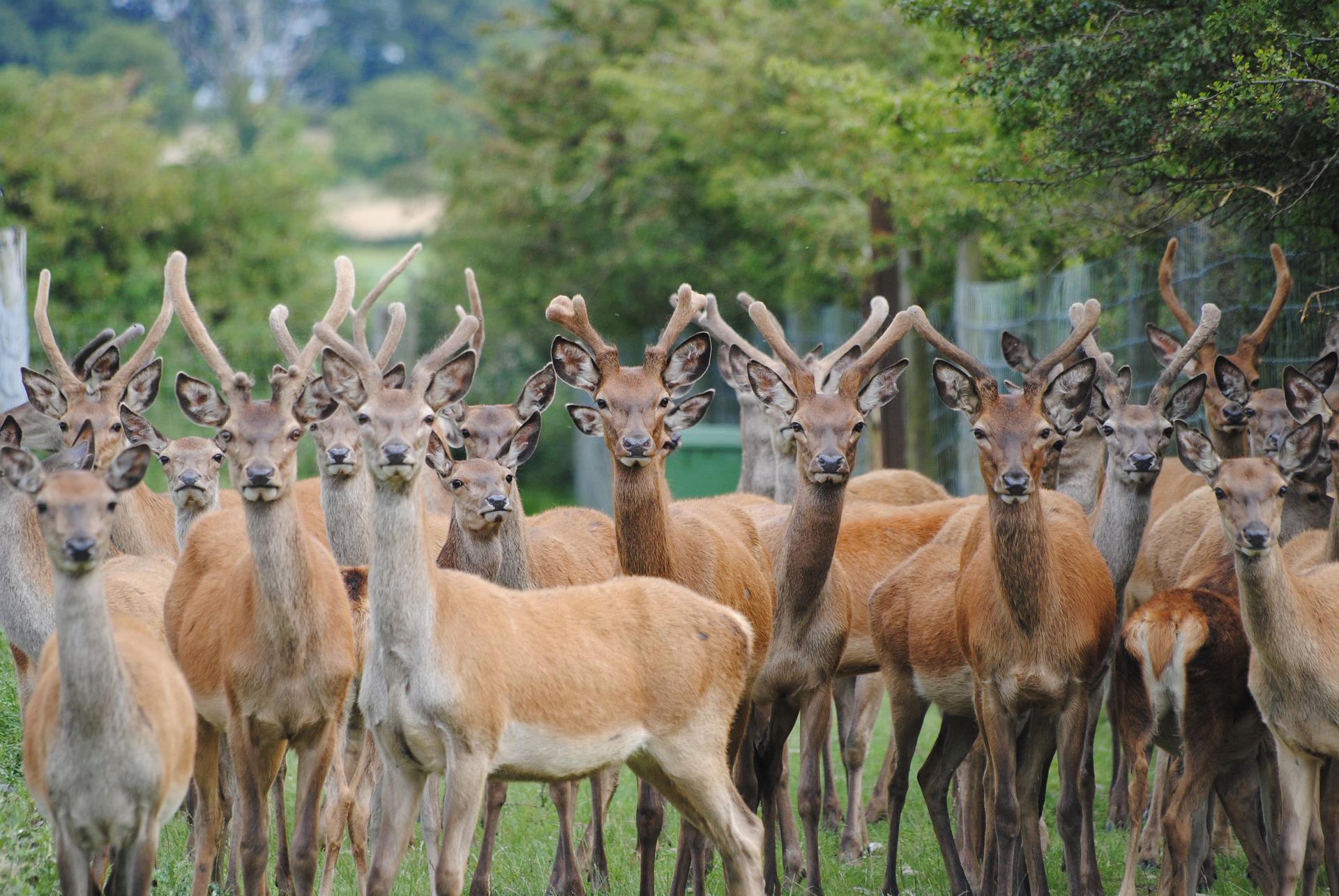
Powys | The Welsh county has released its first plan to reverse declines in local wildlife, The National and Wales Farmer report. The Powys Nature Recovery Plan breaks the county down into habitats, and lists actions and priority areas for each one. The plan takes national goals and puts them in the context of local priorities, according to the Powys Nature Partnership. These include protecting more than 1,500 species considered locally relevant. Actions range from the establishment of a forum to support and advise landowners and managers on best practice, through to citizen-science projects.
Elsewhere:
- A peregrine falcon in Leicester Cathedral has died of suspected bird flu, reports Leicestershire Live.
- A large heathland fire in Norfolk is “bad news for the area’s wildlife”, says Norfolk Wildlife Trust. Eastern Daily Press reported.
- Two men have been charged with arson after throwing away a disposable barbecue in a woodland in King’s Lynn, reports the Express & Star.
- Residents are concerned for wildlife after a “serious” diesel spillage spread through the River Helford, reports Cornwall Live.
- Greenpeace plans to drop huge boulders onto the seabed off Cornwall to stop bottom-trawlers, Cornwall Live reports.
- A new housing estate in Derbyshire at the home of a late WW2 codebreaker will have a “diabolical” effect on wildlife, neighbours told Derbyshire Live.
- The government has granted the Manx Wildlife Trust a 99-year lease to manage a "nature-rich native woodland" on the Isle of Man, the BBC reports.
- Volunteers worry whether 200 young trees planted in a west Hull community orchard will survive the summer’s scorching heat waves, Hull Live reports. Meanwhile, campaigners told Eastern Daily Press that West Norfolk council had left thousands of trees in a rewilding project to die.
- Two housing developers have been fined £7,400 for renovating a former primary school in Monmouthshire and ignoring bat protections, the Bat Conservation Trust says.
- Campaigners are fighting against a new housing development on a former golf course, Leicestershire Live reported.
- Rare shrimps have been discovered in Smoo Cave and Allt nan Uamh Stream Cave, and could be the first recorded in Scotland, the BBC reports.
- The High Brown Fritillary, a rare butterfly, is “thriving” on Dartmoor and has gone from critically endangered to merely endangered in the new 2022 red list, the BBC reports.
- The chough has made a remarkable comeback in Cornwall, BirdGuides reports.
Reports
Peatland | In Wales, more than 1,000 hectares of peatland have been restored under the National Peatland Action Programme in 2021/22, beating the national target of 650 hectares, according to a report by National Resources Wales. The five-year programme is in its second year. Peatlands are a vital UK habitat, storing both carbon and water, but about three quarters of those in Wales have been damaged or modified. Restoring peatland would improve water and wildfire security, the government said. “Bogs might not sound very glamorous, but they are Wales’ unsung heroes – especially during prolonged periods of dry or wet weather, like we have seen recently,” climate change minister Julie James said in a statement on the report. The Environmental Journal, Wales Online, Nation Cymru, and ENDS covered the story.
Farming | A new framework from Green Alliance proposes handing the least productive 10% of agricultural land over for natural habitats and carbon removal. Currently, one-fifth of farmed land in England produces only about 3% of the calories grown. The think-tank calls on the government to allocate a third of its £2.4bn Environmental Land Management budget to large-scale habitat restoration – a massive increase on the 2% currently earmarked for landscape recovery. The boost to subsidies would help farmers who have struggled to profit from unproductive land, according to the report. Meanwhile, it finds that converting just 10% of low-yield farmland to semi-natural habitat would raise bird populations by 48% by 2050. The Yorkshire Post reported the news.
Development | Wildlife-friendly measures on new housing developments can boost the number of key species, according to an RSPB survey. The Kingsbrook development, near Aylesbury, designed in collaboration with Barratt Developments, Buckinghamshire Council, and the RSPB, included a number of interventions, such as integrating swift nest bricks into the walls of houses, planting fruit trees in gardens, and constructing sustainable drainage system ponds and wetlands. The RSPB surveyed bird and invertebrate species before construction began in 2015, and then again in 2021, after the first village of 600 houses was built. They found that bumblebee numbers doubled, butterfly numbers remained stable, and that there was no loss in the number of bird species. The number of house sparrows and starlings, both of which are on the red list of conservation concern, increased by almost 4,000% and 100% respectively. However, chaffinch and linnet numbers both declined.
Science
Ants | Some ant species can be more effective than pesticides and can actually increase crop yields, according to a new study published in Proceedings of the Royal Society B. Biological control involves using natural enemies to control “pests”, without the use of chemical pesticides. Ants are generalist predators, with a taste for arthropods, but their role in agricultural systems is not well understood. The new metastudy analysed 52 studies on 17 different crops, including some by UK academics, and found that the services provided by ants outweigh the disservices. “The presence of ants in shaded crops can improve pest management and increase crop yield, as well as increase biodiversity within agroecosystems,” the authors write. The Guardian reported on the study.
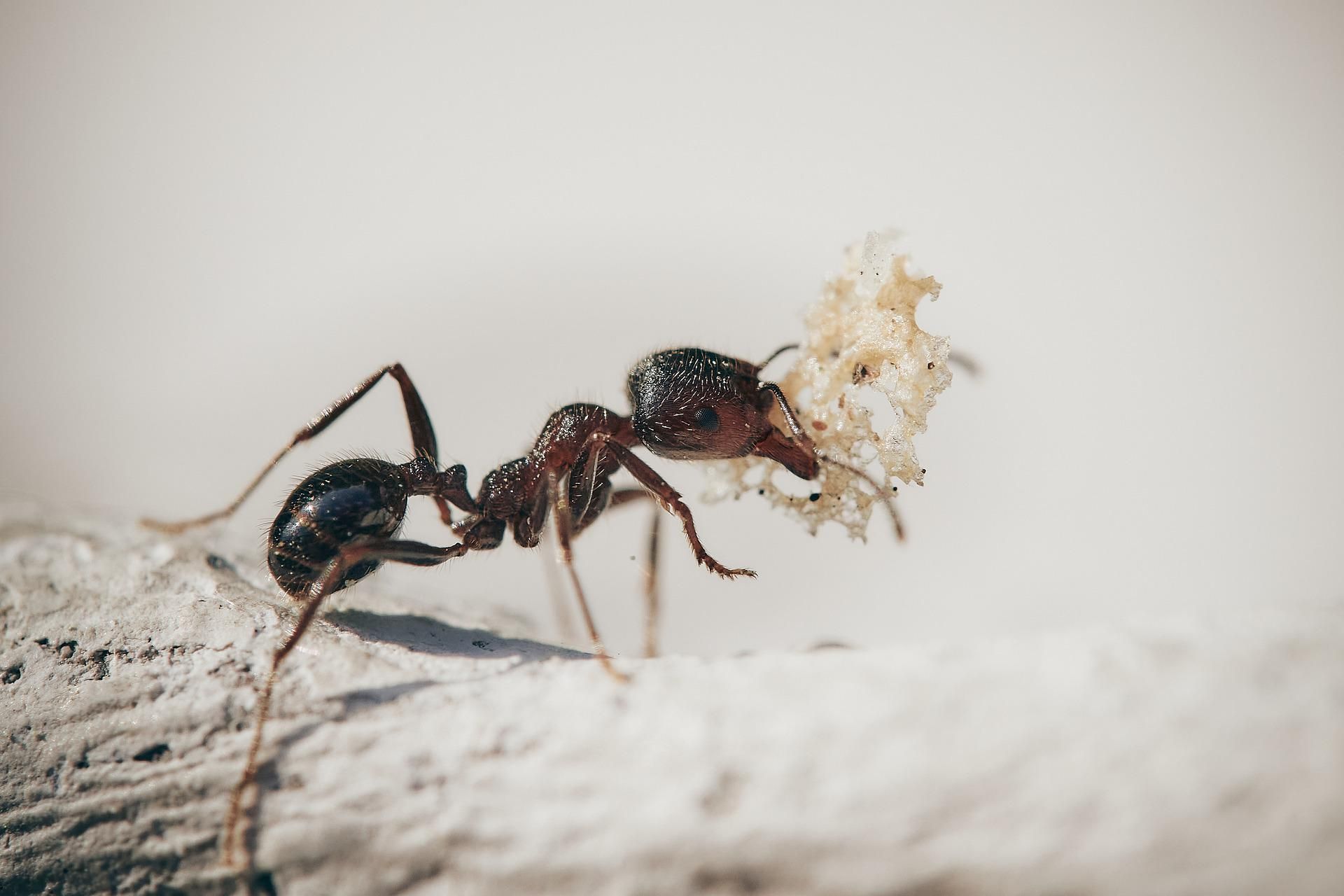
Bumblebees | Bumblebee wings have become more asymmetrical over the last century, which could be a sign of environmental stress and climate change. A new study, published in the Journal of Animal Ecology, compares the symmetry in the wings of four bumblebee species from five museums, collected over the 20th century. Some scientists have suggested that different shaped left and right wings could be due to stress-induced hormones because of, among other things, high temperatures or food scarcity. The study found that bumblebees’ wings were most asymmetrical in warm and wet years. Another study, published in the journal Methods in Ecology and Evolution, showed that it is possible to analyse insect DNA from pinned and dried insects collected decades ago. "These studies showcase the value of leveraging museum specimens to go back in time and unlock the past’s secrets," said senior author Dr. Richard Gill. The Guardian covered the findings.
Biodiversity | What caused the extinction of the ice age megafauna? A pre-print study puts the blame disproportionately on the rise of Homo sapiens rather than climate change. The paper, which has not yet been peer-reviewed, analysed the genome of 142 species to determine the size of their populations during the Quaternary, a period which ran from about 2.8 million years ago to the present. The researchers mapped this information to both global temperature change and the spread of H. sapiens. They ultimately found that the decline in population size tracked the arrival of humans rather than climate change. "These observations imply that the worldwide expansion of H. sapiens caused a major restructuring of ecosystems at global scale," the authors conclude.
Driftwood
Cats | A comprehensive article in the Guardian asks a difficult question for nature-loving cat owners: is it time to end cats’ right to roam? Expert opinion is divided. While being outdoors is considered better for cats’ wellbeing, they are prolific hunters. In the US, cats – domestic, but mostly feral – kill billions of birds and mammals each year and about 70% of cat owners now keep their feline friends indoors. In the UK and other European countries, that percentage is closer to 30%, even though their cats still kill hundreds of millions of animals a year. The Romans introduced cats to Britain (which already had native wild cats) and scientists say that wildlife here is better adapted to avoiding feline hunters. But others argue that the explosion in domestic cat numbers is the problem. A possible compromise is a “dusk-till-dawn cat curfew”, which is when cats are most active. Also, feeding cats a protein-rich diet and playing with them for at least 10 minutes a day dilutes their desire to hunt.
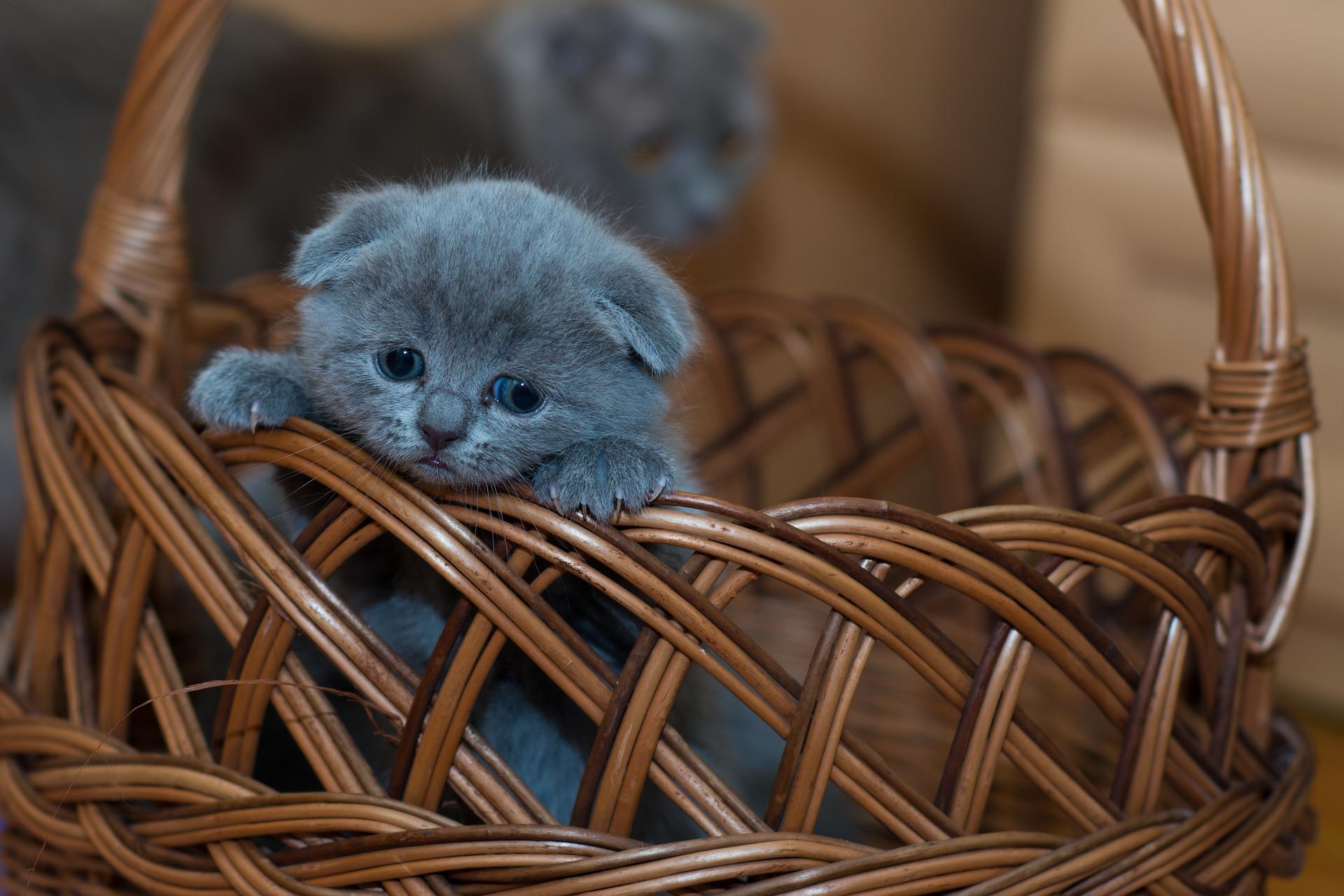
Chalk streams | A feature in the Telegraph is a lament for England’s dying chalk streams and a clarion call to action. About 90% of the world’s chalk streams are in England, and they are disappearing because of water companies’ extraction, hastened along by the hot and dry weather. Residents who live near the River Test and its tributary remember them in their heyday, when the water was plentiful and clear. Campaigners are fighting against a Southern Water application to extract even more water from the chalk aquifers that feed the Test, saying that the company must first fix its leaks, which result in a loss of 88 million litres of water per day. But ultimately, it is a matter of demand. If people do not reduce their water usage, then the water will have to come from somewhere.
Beef | In a provocative article in the Guardian, campaigner and journalist George Monbiot argues that the most damaging farm products are actually organic, pasture-fed beef and lamb. When land is used for agriculture, industry, or housing, it loses some of its ecosystem function and ability to store carbon (and that's ignoring the carbon that is actively produced by these different activities). The livestock on organic beef farms, whose animals take longer to raise, need even more land. "People rail against urban sprawl: the profligate use of land for housing and infrastructure. But the world’s urban areas occupy just 1% of the planet’s land surface, in comparison with the 28% used for grazing," he writes. "Agricultural sprawl inflicts a very high ecological opportunity cost: the missing ecosystems that would otherwise exist."
Further reading:
- A feature in the National Geographic offers ways to discover the UK’s pockets of temperate rainforest, with suggestions of where to stay while adventuring.
- The Welsh government’s draft Sustainable Farming Scheme proposes rewarding farms delivering on a set of “universal actions”, including environmental actions, according to a new briefing explaining the scheme.
- If you find yourself near a river in the hot weather, the Guardian has a list of five mammals to look out for.
- A world without wasps would be “just as devastating as a world without bees or beetles or butterflies”, say entomologists in the Telegraph.
Happy days
Television | The British Isles are set to get the Attenborough treatment, with a five-part natural history series presented by Sir David coming to BBC One and iPlayer. Tentatively called Wild Isles, the series aims to showcase the diverse and beautiful landscapes of Britain and Ireland. We will get to see gulls steal fish from puffins off Northumberland and wild horses battling for dominance in Cambridgeshire, according to the RSPB, which produced the show along with WWF and The Open University. It’s taken three years to film, but an air date hasn’t been released yet, so we will have to wait a bit longer to watch it.
Subscribe to our newsletter
Members receive our premium weekly digest of nature news from across Britain.
Comments
Sign in or become a Inkcap Journal member to join the conversation.
Just enter your email below to get a log in link.


